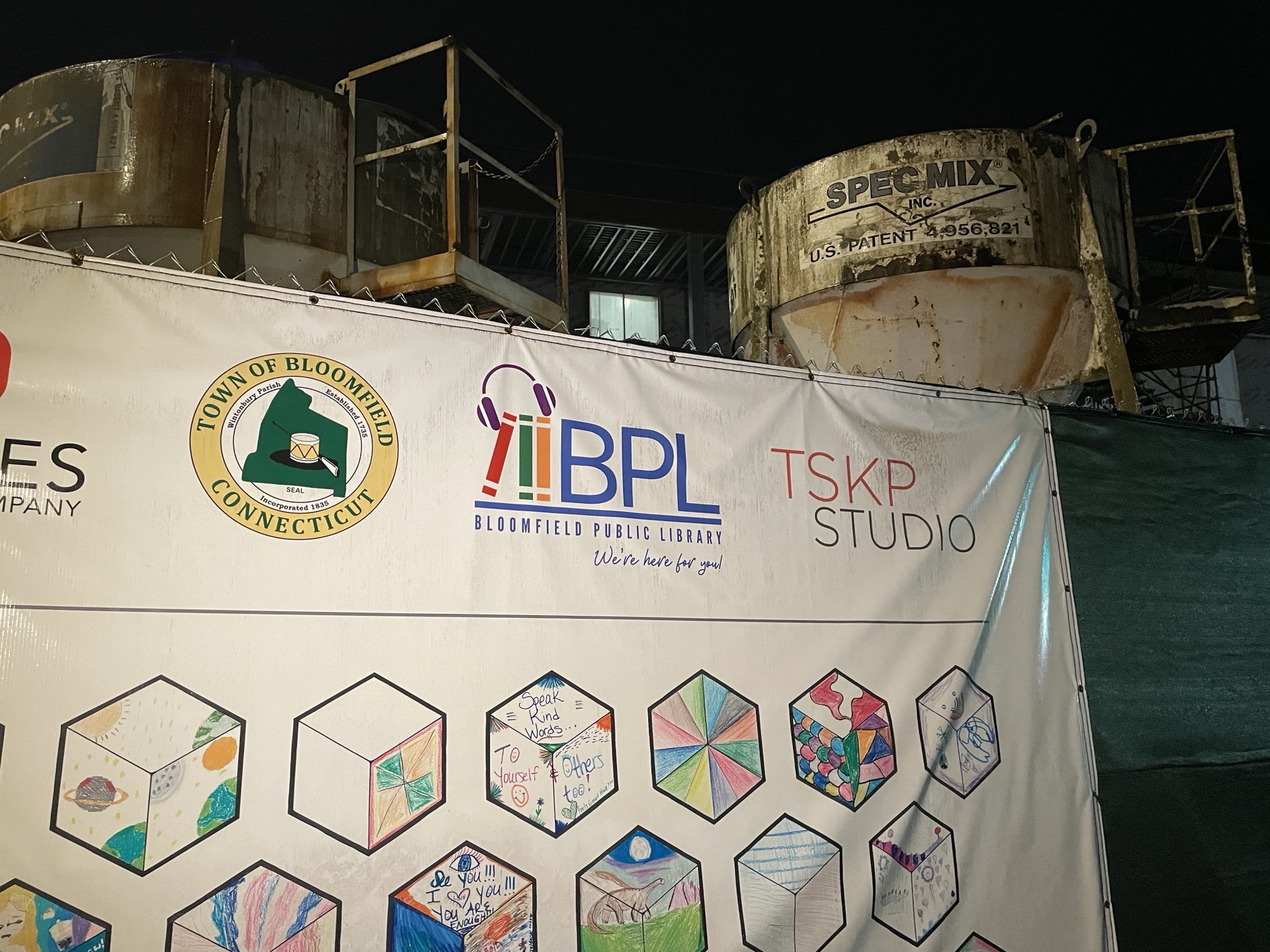The U.S. Food and Drug Administration will look at two key factors as it decides whether or not to approve Pfizers COVID-19 vaccine: how effective it is in preventing the virus and whether it's safe.
"To date, the Pfizer vaccine has been very well tolerated,” said Doctor Onyema Ogbuagu, who runs Pfizer's COVID vaccine trial at Yale University.
The two-year study just started in July. The drug itself lasts such a short time in the body that Ogbuagu said any side effects would likely already be known.
Earlier this week, Pfizer announced that 95% of those who took the vaccine did not contract the disease.
“I think we really have robust data to really be very confident about the efficacy that's quoted,” said Ogbuagu. "It will be a game-changer. It will be a life-changer."
That data is now headed to an independent body to be reviewed for the FDA, a process that's expected to take two to four weeks.
“This year, we're going to see thousands of people in Connecticut potentially with access to this vaccine,” said U.S. Senator Richard Blumenthal.
Local
As Pfizer waits for emergency authorization from the federal government, the company is simultaneously manufacturing the drug.
“Twenty-four hours after we hear from the FDA, vaccine doses will start to go out,” Ogbuagu predicted.
Some say that day can't come soon enough.
"I don't mind taking those chances. It's just going crazy out here,” said David Perez of Hartford, who wants to get vaccinated as soon as it's available to the general public.
"It seems like an obvious thing to do to save me from the pandemic and keep me healthy,” said TJ Grover of Meriden, whose wife is a physician.
"It will be a game changer. It will be a life changer."
Stewart Oral said he's ready to roll up his sleeve.
"I want to protect myself. If I have to take it, I have to take it,” the Hartford man said.
Ogbuagu said it will likely be the middle of next year before there starts to be enough doses for everyone, even with multiple companies racing to the finish line.
"I think it would be impossible for a single vaccine manufacturer to meet the global or US demand, remember we're also competing in the global market for the available doses,” he explained.
To be fully effective, the vaccine has to be taken in two doses. Ogbuagu said it takes 28 days for the drug to achieve immunity, which is why a second dose has to be administered at 21 days.
To vaccinate the 328-million plus people in the US, more than 600 million doses will need to be secured.
Pfizer said it will have 50-million doses by the end of the year. Half are promised to the U.S. That means 25-million doses are expected to be available by the end of this year to inoculate 12.5 million Americans.
The trials, which were supposed to last two years, reached critical levels of success for both safety and effectiveness, in just four months.
"In between when we announced the efficacy for the 94 cases, we already accrued above the 162 we needed for the entire study to make that final efficacy analysis,” Ogbuagu explained.
That scientific breakthrough, which amazed researchers like Ogbuagu, has left others leary about getting the vaccine.
"It's very impressive, the length of time it's taken to do it, but I still need to make my final decision as more information comes out,” said Melissa Kotulski of Wethersfield.
While the vaccine appears to be effective, we don't know for how long.
“That's the million-dollar question. That's why the study is designed to follow people for two years, so we can see,” said Ogbuagu.
He added that Pfizer may start giving the vaccine to the people in the placebo group of the trial over the next two years to start getting more answers to questions about how long the inoculation lasts.
“Because there’s such an overwhelming effectiveness of the vaccine in those who received it, it’s almost unethical to continue a study and leave people in a placebo arm when you know that those in the real vaccine arm are experiencing overwhelming benefits,” he explained.



